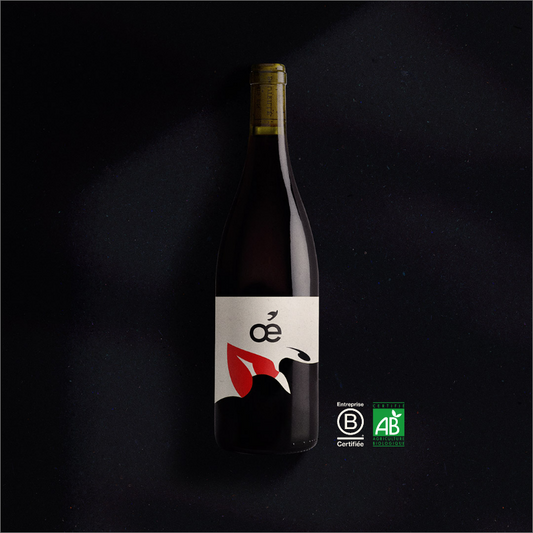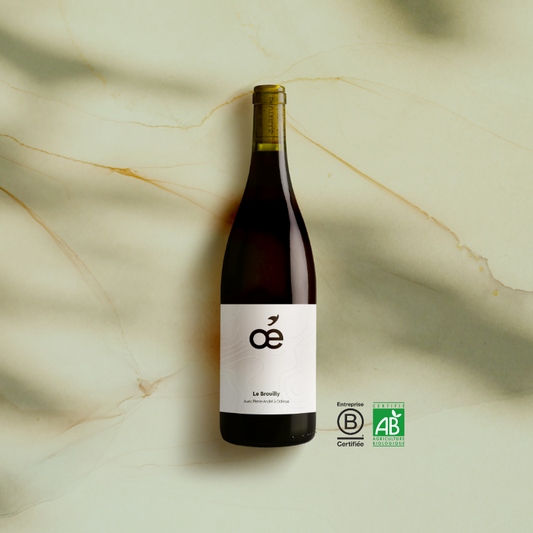Trend for some, commitment for others, organic has been at the center of a lot of topics lately. And despite everything we hear, it is sometimes not an easy task to know whether or not you should buy organic. Today, we are going to give you 4 preconceived ideas (the bad ones, of course) and prove their opposites to you. Hey guys, you didn't believe we were going to shoot ourselves in the foot ;-)
1. Organic farming has a greater carbon impact than conventional farming. Organic farmers actually need more space to obtain the same yield as conventional. They use their tractors a little more. But the real question is not there. Because if you need a larger area in organic than in conventional to produce wine or wheat, shouldn't you first go back to the basics and consume less and better? The world eats 4 times more than in the 60s. It's neither good for your health nor for the planet. So instead of dismantling the organic, let's prefer to consume organic in smaller quantities and everyone will be better off.

2. Organic viticulture uses sulfur and copper to care for its vines and that pollutes. Yes and no ! Let's go back to the basics: sulfur and copper are trace elements - ie, natural. They are used in organic viticulture because they stabilize the wine and prevent certain diseases such as mildew. Let's keep in mind that the quantities allowed and used in organic viticulture are much lower than those in conventional and some winegrowers are not even at 1 kilo of copper per hectare and per year compared to 50 kilos 50 years ago.
3. Organic wine is expensive . It's true, organic wine is a little more expensive than conventional wine, because it requires more work, special attention from winegrowers and is better for your health. Shouldn't we prioritize quality over quantity, buy less wine but the best?
4. Organic wine is greenwashing. Some companies take advantage of this trend to appear more eco-responsible, this is not the case for all! At Oé, each choice is made to meet needs, preserve the environment and be in accordance with our values. For example, the stoppers are made of natural cork, the bottles made of recycled glass from the deposit, there is no capsule to limit pollution and of course the wine is certified zero pesticide.
And a game-changing reason to buy organic : you love animals! One of the particularities of plots of land exempt from pesticides is that they are more perennial, have more nutrients and undeniably attract living beings: deer, deer, rabbits, and all kinds of insects like organic thickets and vines, something that is obviously not possible on a land bruised by pesticides.
So convinced? We decided to open it to close the valves of some who forget to take all the elements into account when it comes to debating a subject. Oé, we love you (and the animals in the vines too)!





